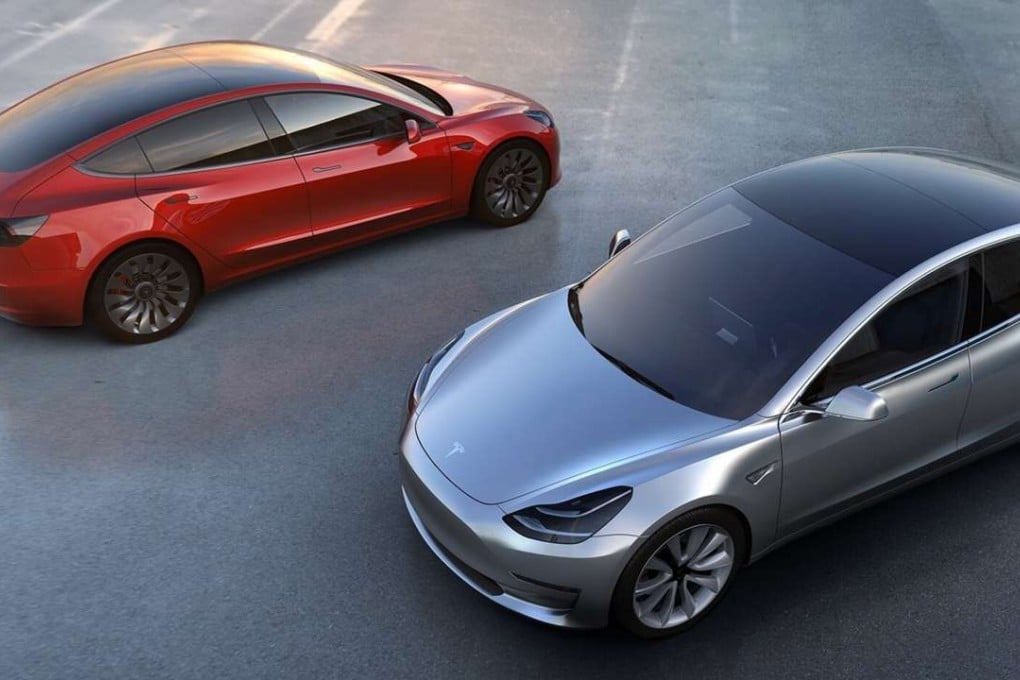Chinese electric car makers pose ‘no serious threat’ to Tesla

In the past year or so, the term “Tesla challenger” has become something of a cliche when applied to Chinese-backed electric vehicle start-ups.
But according to analysts, it will be quite some time before a genuine rival to the American market leader emerges.
“It’s too early to say if they [Chinese electric vehicle makers] can challenge Tesla, I don’t even see their cars on the roads and don’t know their prices. I am sceptical about how many of them can survive and move onto mass production,” said Yale Zhang, managing director at consultancy Automotive Foresight.
“They are keen to be labelled as Tesla challengers as they need brand awareness, but they can’t compare with Tesla in the fields of brand recognition or consumers craze, and that’s partly down to Elon Musk’s halo effect.”
I don’t see any of these start-ups, or even BYD being able to challenge Tesla, at least in the next two to three years
John Zeng, managing director of consultancy LMC Automotive, said even the best known mainland electric vehicle makers, like BYD, are a long way off posing a serious threat to Tesla.